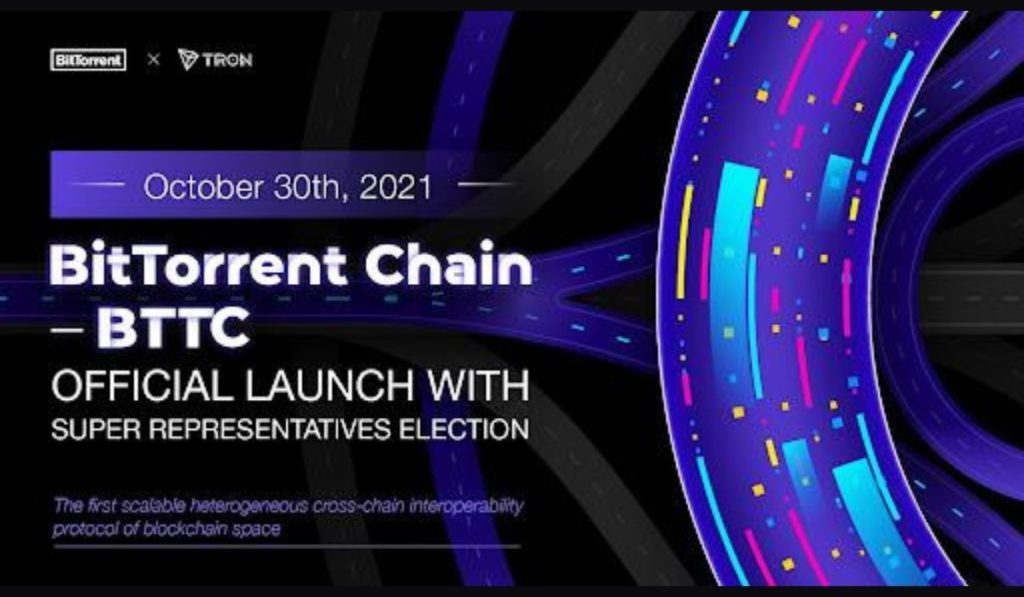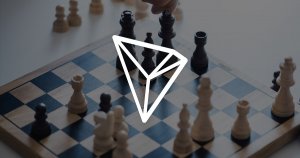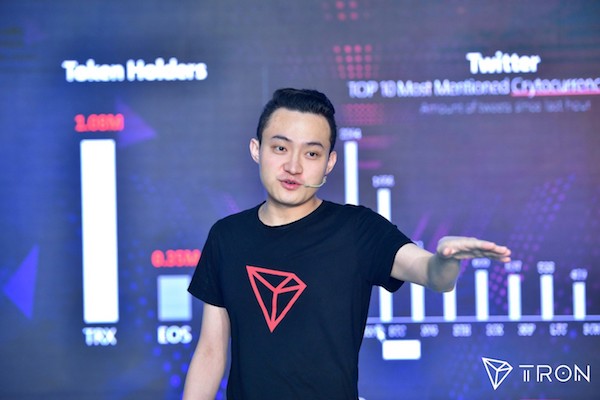2018-10-4 20:58 |
Despite obvious disadvantages DApps developers face while using of the Ethereum network, the vast majority of the blockchain-based projects is still running on the aforementioned protocol. However, there are some exceptions that were not willing to put up with immense scalability problems and hefty transaction rates imposed on the Ethereum network. The TRON Foundation is one of so-called rebels that took risks and shifted from the Ethereum blockchain to launch their own ecosystems.
At present day, the project possesses a highly innovative dApp environment underpinned by its native TRON Coin that is currently deemed to be the world’s 13th largest cryptocurrency in terms of total market capitalization.
This does not come as a total surprise since the TRON Foundation has been rapidly expanding. As previously reported by Coinspeaker, a couple of months ago the TRON project has closed a deal with BitTorrent acquiring the popular P2P file-sharing company for as much as $140 million.
Since TRON’s official announcement has confirmed the multi-million purchase, the uncertainty towards BitTorrent future was floating in the air. Yet TRON claimed that it is not going to halt any of the torrent activities, instead it is going to strengthen BitTorrent’s capacity owing to the blockchain. Now the TRON Foundation has disclosed more details on how the technologies will work together with the sharing platform.
Project Atlas is a new code name for the TRON’s incentive to connect the peer-to-peer network of BitTorrent with its own blockchain. This is to be done with protocol extensions and its own TRON token used to reward seeders for their contributions to the file sharing community. Thus TRON wants to create a token economy within the torrent client, which should make the data transfer significantly faster.
The TRON founder Justin Sun described the project as follow:
“Project Atlas is the basis for a new type of content distribution. The product will offer faster downloads, more seeds, backward compatibility and all without mining. It is adapted to today’s world: mobile, connected and transparent. Ultimately, we want to give more power to all content creators and their communities by eliminating middlemen and allowing authors to distribute directly to users.”
Once the TRON blockchain has been implemented in the torrent system, BitTorrent users should be able to exchange tokens with each other. Until now there is no real incentive for torrent users to upload data records completely in the network over a longer period of time.
With TRON, uploaders should be able to earn tokens by seeding based on a simple principle: the more bandwidth and storage space you provide, the more you will earn. Leechers, i.e. downloaders, should be able to offer amounts if they want to receive a certain file faster. The whole network should become faster and more durable.
Notably that BitTorrent has stated that these features will be backwards compatible, so if seeders choose to work with a new generation of users, it will not be a problem. TRON’s features will also be optional.
Even more pleasant is the fact that modified version of BitTorrent sharing system will remain free of any charges. TRON also reassures users that, as the platform uses a delegated Proof-of-Stake consensus protocol, users are rewarded on the basis of how much resources they provide, not mining.
The post Tron Blends Blockchain with BitTorrent Infrastructure for Its Newly-Launched Atlas Project appeared first on CoinSpeaker.
origin »Bitcoin price in Telegram @btc_price_every_hour
TRON (TRX) на Currencies.ru
|
|















